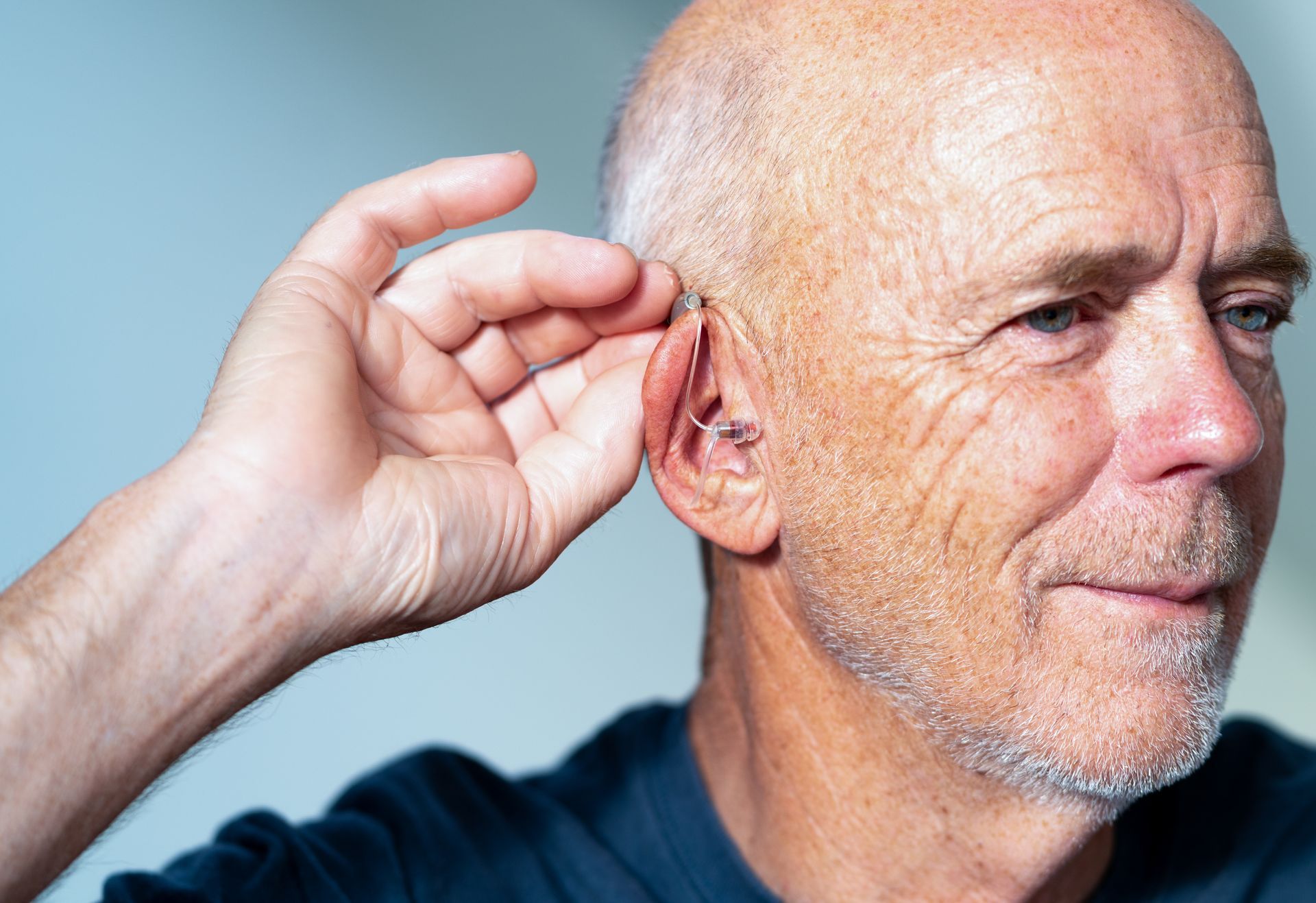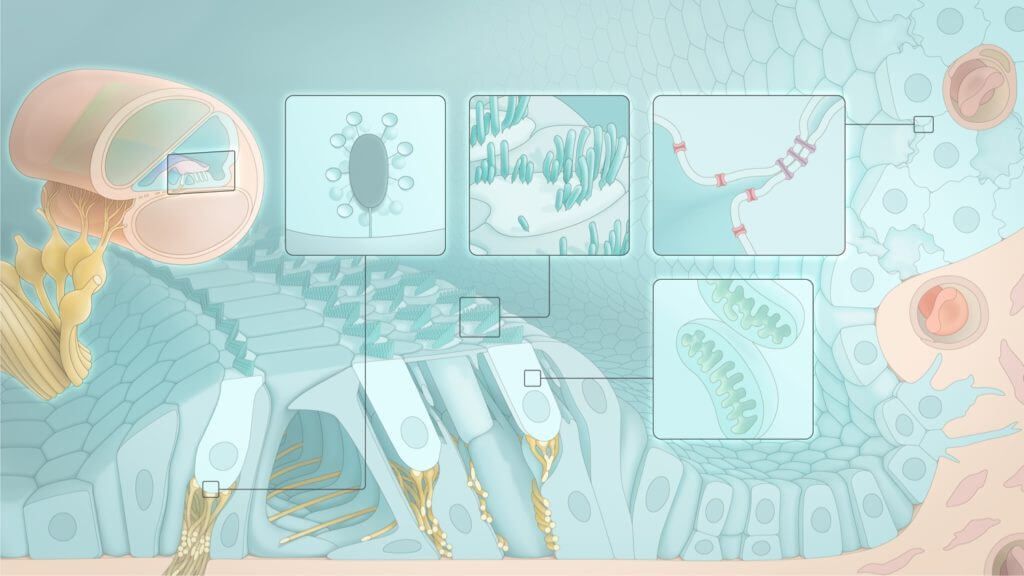What is Sudden Hearing Loss?
For most people who experience hearing loss, the condition comes on gradually over a period of years. In rare cases, an abrupt loss of hearing occurs with little or no warning. This condition is known as sudden sensorineural hearing loss (SSHL).
What is Sudden Deafness?
Sudden deafness is defined as a hearing reduction of 30 dB or greater over three contiguous frequencies, occurring over a period of 72 hours or less. Ninety percent of cases result in unilateral (single-sided) hearing loss, which may be accompanied by dizziness or tinnitus.
The severity of the hearing loss varies. Some patients recover completely and without medical intervention in just a few days. Others find their symptoms improve gradually over a couple of weeks. Fifteen percent of those who experience sudden deafness will have hearing loss that worsens over time.
Who Develops Sudden Deafness?
Experts estimate that about one to six per every 5,000 people experience sudden deafness every year, although some suspect this number is much higher as the condition often goes undiagnosed.
People of all ages can develop sudden deafness. Most often, it affects adults in their late 40s and early 50s.
What Causes Sudden Deafness?
There are over 100 possible causes for SSHL. These include:
- Infectious diseases
- Head trauma
- Abnormal tissue growth
- Circulatory problems
- Neurologic disorders
- Toxic causes
- Immunologic diseases
- Inner ear problems such as Meniere’s disease
- Ototoxic medications
Certain groups of antibiotics, in particular, have been shown to destroy the hair cells of the cochlea, causing sudden deafness that is often permanent in nature. These must be used with extreme caution and should be avoided unless they are the only viable course of treatment for a life-threatening illness. Be sure to question your physician or clinic thoroughly when antibiotics are prescribed.
Risk factors for SSHL include a prior diagnosis of meningitis, a recent head injury, ear infection, exposure to loud noise, a sudden change in pressure and starting a new medication.
What Are the Symptoms of Sudden Deafness?
Symptoms that often precede or accompany sudden deafness include:
- Tinnitus (ringing in the ears)
- Vertigo or dizziness
- Fullness in the ear
- A sudden loud “pop” in the ear, similar to what you’d experience with a change in pressure
- Muffled hearing upon wakening or when trying to use the telephone
How is Sudden Deafness Diagnosed?
If you experience any of these symptoms, see a physician or audiologist immediately. Doctors believe that prompt medical attention offers the best chances for a full recovery. Do not delay – your hearing depends upon it.
Your doctor will first complete a physical exam, looking in your ear to determine if there is an obstruction. If there is no obvious cause to your sudden deafness, such as a buildup of fluid or earwax, your doctor will complete a pure tone hearing exam to test for sensorineural hearing loss.
A pure tone hearing test measures how loud different sounds must be before you can hear them. The results of this test are important, as a common sign of sudden deafness is a loss of 30 decibels and three connected frequencies within a 72 hour period. This change in hearing would make someone speaking at a normal volume sound like a whisper.
If you are diagnosed with sudden deafness, your doctor will order additional tests to determine the underlying cause. These may include a balance test, blood work and imaging.
How Is Sudden Deafness Treated?
Treatment varies and will depend upon the cause (if known). Steroids, which reduce inflammation and swelling and aid the body in fighting illness, are the most common treatment method for sudden deafness.
Additional treatments may include antibiotics to treat an infection or medication to suppress the immune system if the sudden deafness is caused by an autoimmune disorder.
For those with severe hearing loss that does not respond to treatment, your doctor may recommend the use of a hearing aid or cochlear implant.
Call Center For Hearing at (239) 434-0086 for more information or to schedule an appointment.



